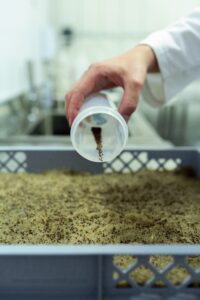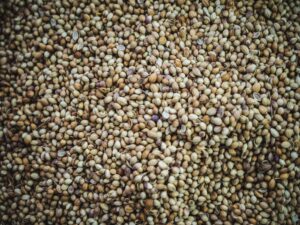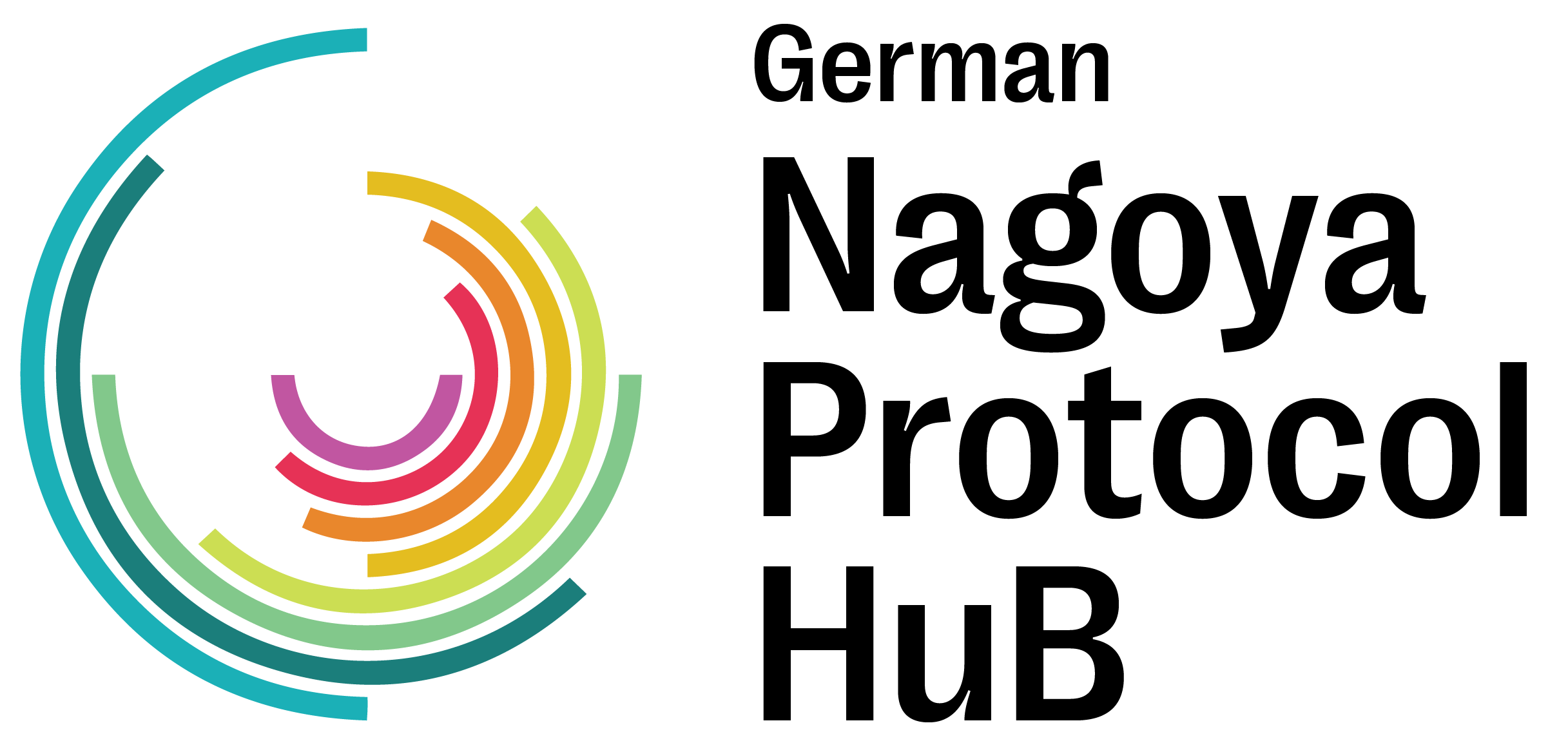ABS stories
Learning from experience: South Africa
Institution: A university in Germany
Biological material: Whole specimen (seeds)
Research field: Biochemistry, plant biology
Research: Basic, non-commercial
Focus: Research on the evolution of the biosynthetic pathways resulting in toxic alkaloids
Collection: The material was given to the researchers by a collection/museum in South Africa and it was used exclusively by the working group at the German university.
Funding: German Research Foundation (DFG)
Funding period: 2017-2022

Photo: ThisIsEngineering from Pexels
ABS Process
Time needed for first response from the National Focal Point: 2 days
Amount of time invested full time in the process: 2-3 days
Time needed until all ABS documents were obtained: 4 months
ABS documents obtained: Prior Informed Consent
Before starting with the process, advice on ABS was provided to the German scientists by the Nagoya Protocol compliance officer at the university.
In the first step, the researchers contacted the South African National Focal Point. It took about two days for this person to respond to the first enquiry.
The only document the researchers required was an export permit for research other than bioprospecting (Prior Informed Consent) from the Department of Agriculture and Rural Development, Gauteng Provincial Government. The researchers lodged a retroactive application for this permit.
An Internationally Recognized Certificate of Compliance for this research has been published in the ABS Clearing House.
Information about ABS in South Africa can be obtained from the Access and Benefit-Sharing (BABS) Clearing House of the Republic of South Africa.

Photo: Goh Rhy Yan on Unsplash
Benefit-sharing
No benefit-sharing was required. The permit stipulates that if the results of the research lead to the commercialization of a product, the bioprospecting application process must be followed to ensure the fair sharing of benefits. This involves obtaining an additional application and negotiating benefit-sharing with the South African government.
Advice for other researchers obtaining biological material from South Africa
The German researchers had a positive experience with ABS in South Africa. The researchers would still suggest a few things:

Even though the process was quick, you should start early with informing yourself about ABS, how it applies to you and the process. Plan enough time to obtain all required documents.

The National Focal Point is very helpful. Be sure to contact it to find out what needs to do be done. It is important to be transparent about your proposed research with the competent authorities.



